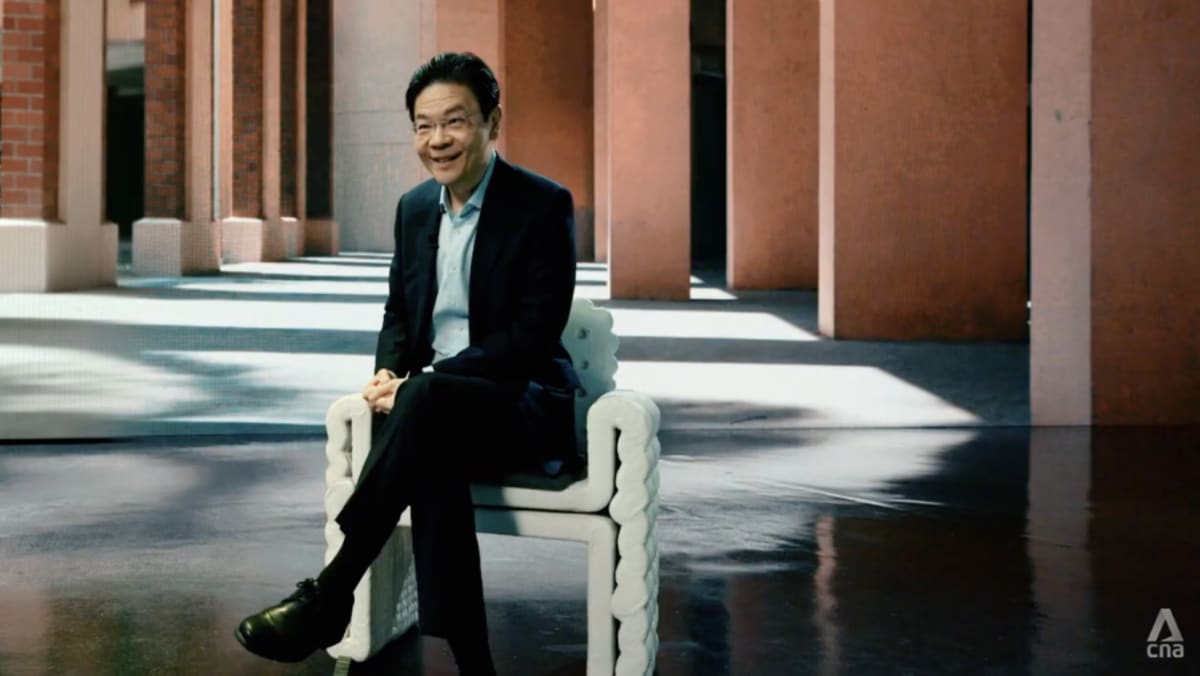But there is another reason, which is that we have seen over the years – and in some ways perhaps accentuated by COVID – that household sizes are becoming smaller. Family members who used to live together, families with their parents, singles with their parents, started to split up.
I think (this trend has) continued to accelerate, which means when households split up into smaller households, we have more demand for housing to accommodate.
Having supply impacted, having demand continue, we have to catch up even more and that’s where we are now in the catch-up phase.
In time to come, when we have stabilised the demand-supply equation and the market, and if we have enough flats, yes, certainly, we will consider how we can open up and allow more access for other segments, especially for singles.
Q: Once we have caught up, how will you try to balance availability and inclusivity?
We already do that today. For example, we do allow singles to buy two-room flexi units. We do allow singles to buy resale flats, for example, and then we opened up to allow them to buy resale flats across different estates, not just Standard, but also Plus and Prime.
But it’s a balancing act all the time to make sure that we want to have young families who want to settle down, have access to homes. That’s very important for us.
We want Singaporeans to be able to sink roots here, set up families and have a sense of community.
But there are other archetypes; single seniors looking to right size who … also want homes, and then we will have to increasingly provide for these groups as well.
At the same time, land is limited in Singapore. So we will always have to do that balancing act of looking at how much land we have, all the different demands and needs that are evolving in society, and how best to accommodate these different groups.
On home ownership
Q: What was it like when you were the Minister for National Development from 2015 to 2020?
People do want to own their own homes. Not just having a home, but having a sense of community, building that shared experience, having people of all different backgrounds, rich or poor, different races and religions living together is so precious. And it’s invaluable to our social compact.
And then having a nest egg for retirement.
These basics and these fundamentals are very sound. But in MND I found that sometimes the fundamentals are there but the actual experiences and the … practices and the perceptions may swing in different directions that you may not have anticipated.
For example, you may end up with a situation sometimes where housing becomes not just home ownership but becomes a speculative investment. And then you have a situation where people get worried.
People get FOMO – the fear of missing out – people jump into the market, or worse, people overconsume housing and they buy not just one but two, three, four, multiple properties. All their life savings go into housing or property.
These are things that you have to find ways to manage, and policies have to adjust to them. That’s why over the years we have put in new measures, for example Singaporeans buying multiple properties have to pay higher ABSD.
That’s why we have also adjusted CPF policies so that we ensure there is no overusage of CPF for housing. We have set withdrawal limits for housing. We have set tighter loan-to-valuation limits on CPF where it comes to housing loans.
